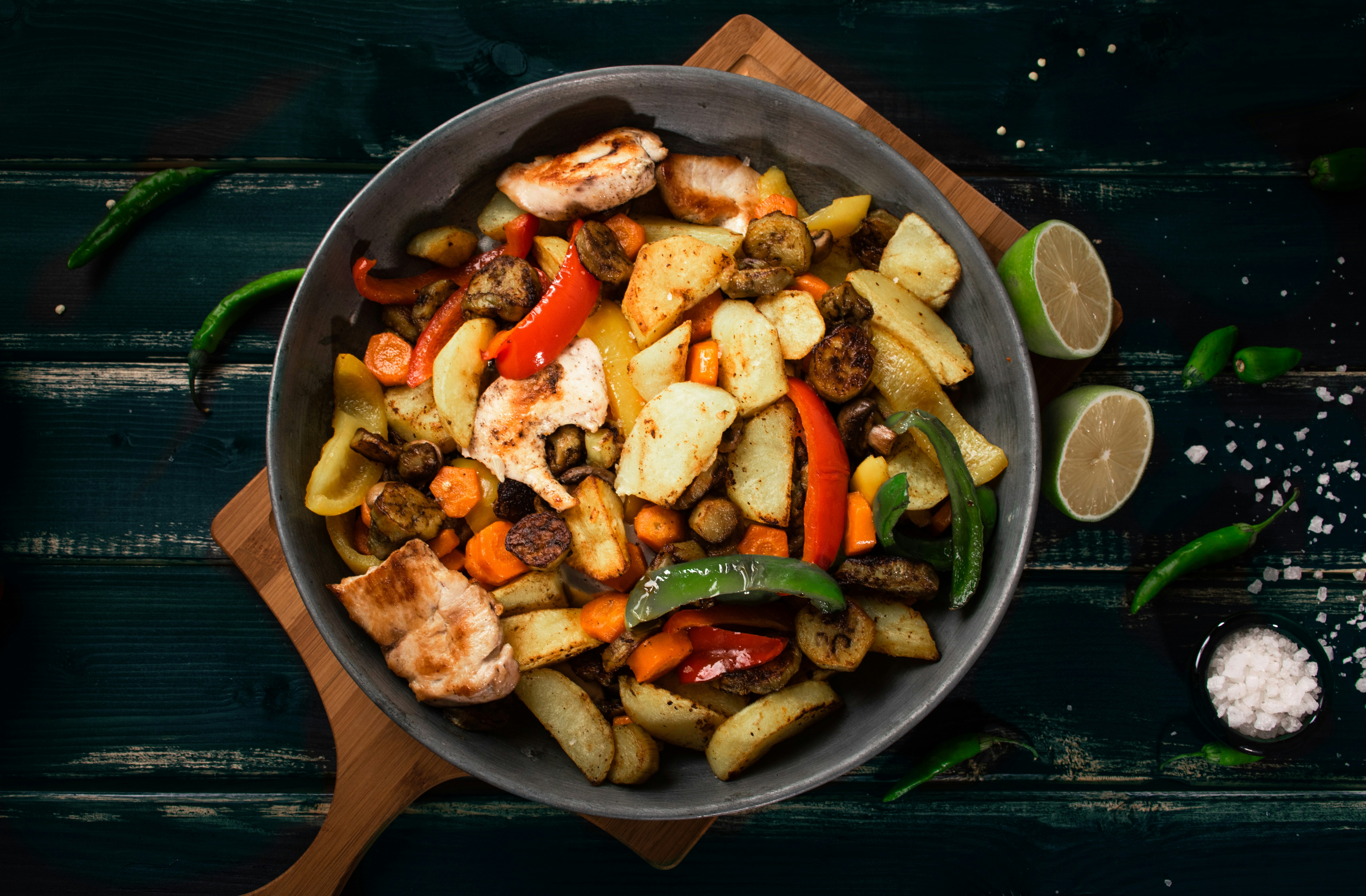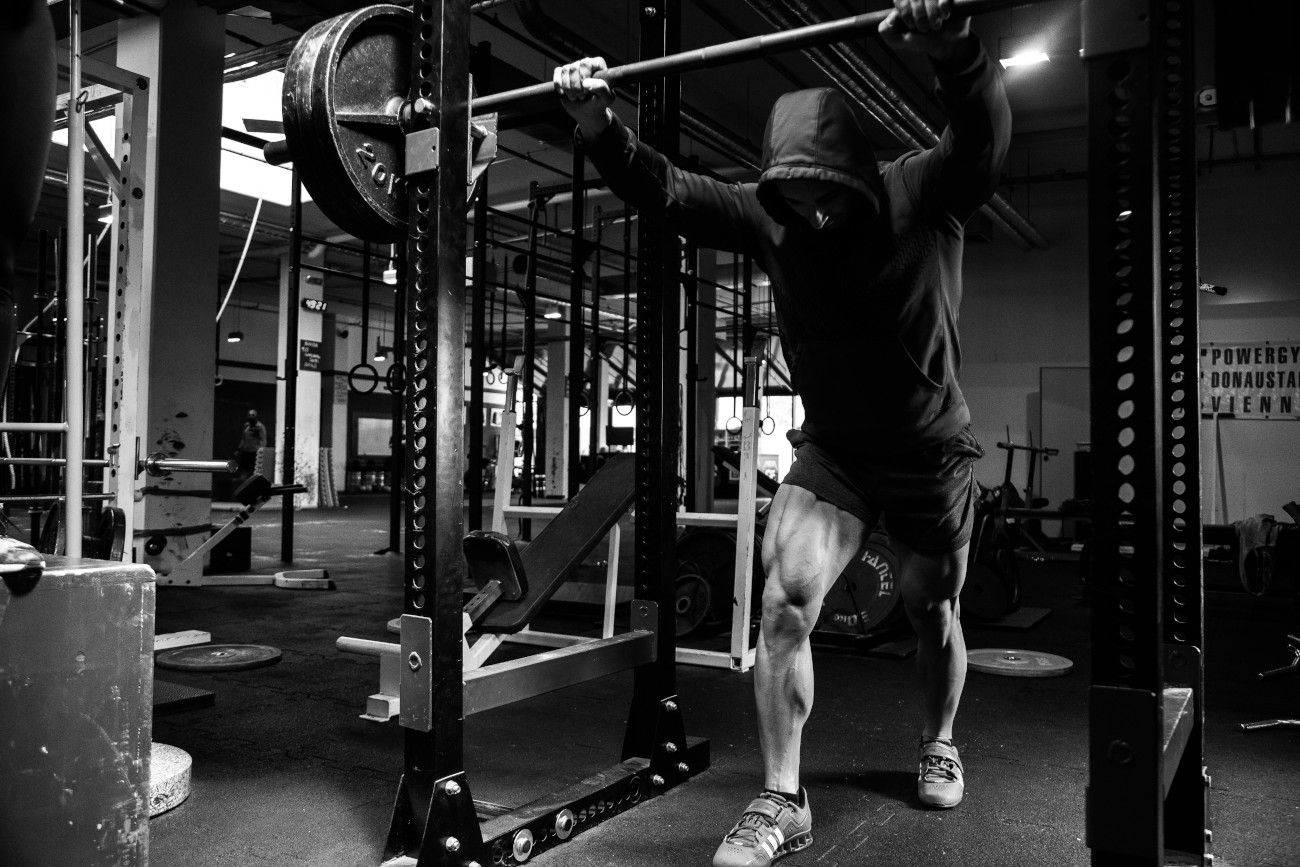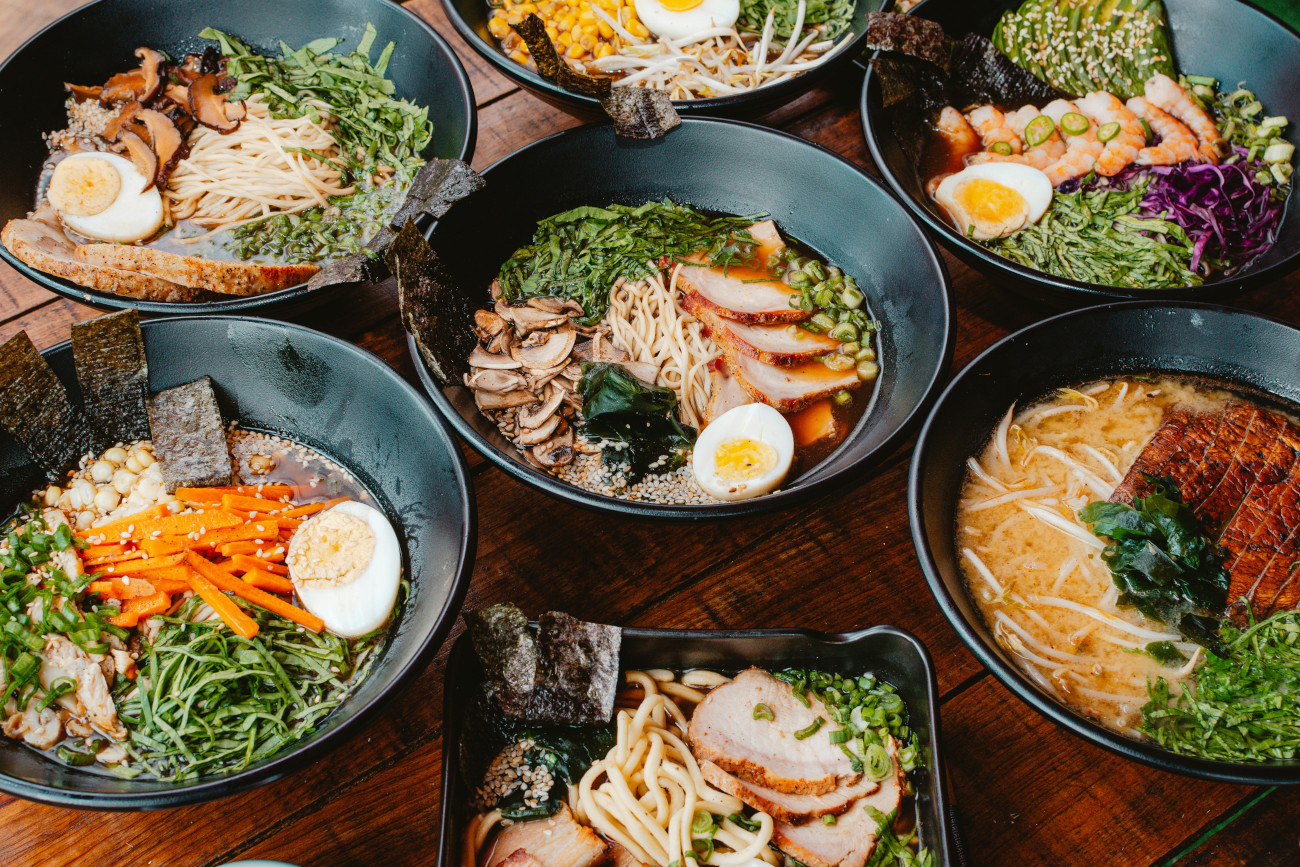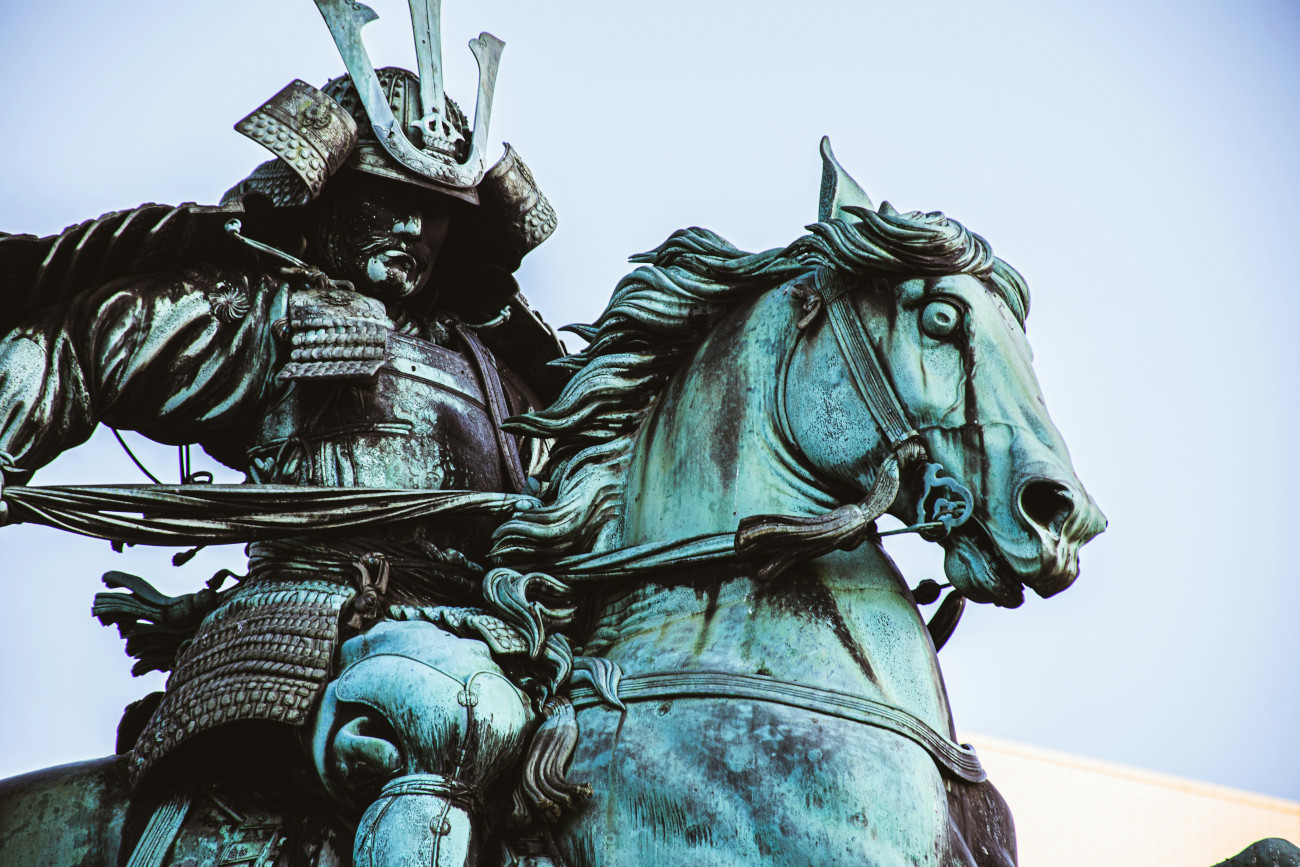The Renegade Diet promises the seemingly impossible: simultaneous muscle building and fat loss with maximum practical applicability. Developed by American strength coach Jason Ferruggia after over 20 years of experimenting with various nutritional approaches, this method combines intermittent fasting with strategic carbohydrate timing. While conventional approaches prioritize either muscle gain or fat reduction, the Renegade Diet enables both simultaneously through clever hormonal optimization.
The scientific foundation rests on insights into intermittent fasting demonstrating that fasting periods can significantly improve body composition in trained athletes. A controlled study showed that participants with intermittent energy restriction lost merely 0.9 pounds of fat-free mass, while the control group with continuous calorie restriction forfeited 2.9 pounds. This superior muscle preservation makes intermittent fasting particularly interesting for strength athletes seeking to maintain mass during cutting phases.
The Three-Phase System of the Renegade Diet
The Renegade Diet structures the day into three precisely defined phases, each pursuing specific physiological objectives. This temporal organization optimizes hormonal processes and maximizes both fat burning and muscle protein synthesis.
 Photo by Icons8 Team on Unsplash
Photo by Icons8 Team on Unsplash
Fasting Phase: 14 to 16 Hours of Optimized Fat Burning
The longest phase of the day serves maximal fat mobilization through low insulin levels. After the final meal at 8 PM in the evening, the next food intake occurs around noon. During this period, the body reaches a metabolic state favoring fat oxidation while simultaneously activating autophagy.
The natural cortisol rise in early morning hours between 7 and 9 AM supports fat release from adipocytes in this context. Additionally, growth hormone production during fasting increases by several hundred percent, promoting both lipolytic and anabolic processes. Activation of the sympathetic nervous system results in enhanced mental clarity and elevated concentration capacity without energetic burden from digestive processes.
Black coffee or green tea are permitted during this phase and amplify fat-burning effects through catecholamine release. Adequate fluid intake of at least 64 fluid ounces of water supports metabolic processes and prevents dehydration. The initial adaptation phase typically lasts one to two weeks, after which morning hunger sensations largely disappear.
Undereating Phase: Four Hours of Protein-Rich Nutrition
After breaking the fast around midday, a four-hour phase of moderate calorie intake without starchy carbohydrates follows. This period maintains fat burning while simultaneously preventing muscle breakdown through adequate protein. Strict avoidance of starch and sugar keeps insulin levels low and enables continuation of ketosis or fat oxidation.
Each meal should contain 20 to 35 grams of high-quality protein combined with 10 to 15 grams of healthy fats and unlimited amounts of green vegetables. Whey protein serves excellently as a rapid protein source, particularly for the first meal after fasting. Lean poultry, white fish, and eggs present alternative options, whereby egg quantity should be limited to three pieces maximum, as the contained yolk triggers a moderate insulin response.
Fat sources should primarily comprise monounsaturated and medium-chain fatty acids. Olive oil, avocados, and coconut oil deliver high-quality lipids without noteworthy insulin stimulation. Fermented vegetables like sauerkraut or kimchi supplement meals with probiotic cultures and support intestinal health.
Overfeeding Phase: Four Hours of Strategic Carb-Loading
 Photo by Ahmadreza Rezaie on Unsplash
Photo by Ahmadreza Rezaie on Unsplash
The evening overfeeding phase forms the day’s culmination and ideally begins immediately after training. During this four-hour window, main calorie intake including all starchy carbohydrates occurs. The intensive training session directly before this phase maximizes insulin sensitivity and directs nutrients preferentially into muscle cells rather than fat cells.
The hormonal situation after training and during carbohydrate consumption optimizes body composition. Elevated insulin levels activate muscle protein synthesis and suppress protein breakdown. Glycogen resynthesis occurs accelerated, ensuring recovery for the next training session. Additionally, evening carbohydrate intake regulates leptin levels upward, maintaining metabolism and minimizing next-day hunger sensations.
Serotonin synthesis through carbohydrate consumption substantially improves sleep quality. Contrary to the widespread assumption that evening carbohydrates promote fat storage, research on nutrient timing shows that total caloric balance proves more decisive than temporal distribution. The post-exercise metabolic state effectively prevents fat accumulation despite high calorie intake.
Practical Meal Plan for Strength Athletes
 Photo by Brooke Lark on Unsplash
Photo by Brooke Lark on Unsplash
A structured daily schedule for a 180-pound athlete with evening training demonstrates practical implementation of the Renegade Diet. Precise temporal coordination between training and food intake maximizes physiological advantages.
| Time | Phase | Meal / Activity |
|---|---|---|
| 7:00 AM | Fasting Phase | Black coffee or green tea 16 oz water |
| 10:00 AM | Fasting Phase | Additional coffee or tea 16 oz water with electrolytes |
| 12:00 PM | Undereating | 1 scoop whey protein 1 tbsp olive oil Handful of leafy greens |
| 3:00 PM | Undereating | 5 oz chicken breast Large mixed salad 1 tbsp olive oil as dressing |
| 5:30 PM | Pre-Workout | Black coffee Optional: 5g creatine |
| 6:00-7:00 PM | Training | Intensive strength training During: Water or BCAAs |
| 7:00 PM | Overfeeding | Post-Workout: 1.5 scoops whey protein 3 oz rice flour or potatoes |
| 8:00 PM | Overfeeding | Main Meal: 10 oz grass-fed beef Large salad with kimchi 10 oz sweet potatoes Steamed vegetables |
| 9:30 PM | Overfeeding | Greek yogurt with berries Optional: Nut butter |
| 10:00 PM | Fasting Phase | Eating window closes |
Calorie Calculation According to Objective
Total calorie amount varies according to training goal. For fat loss, the starting point is 14 times body weight in pounds, thus 2520 kilocalories for a 180-pound athlete. This amount can be reduced stepwise to 12 times and toward the end of a diet phase even to 10 times body weight. For muscle building, 16 to 18 times body weight is recommended, supplemented by a caloric surplus of 300 to 500 kilocalories.
Protein intake should remain constant at 0.8 to 1 gram per pound of body weight. Carbohydrates vary strongly according to training days: On training days 1 to 2 grams per pound, on rest days merely 0.25 to 0.5 grams per pound. Remaining calories are supplemented through healthy fats, whereby at least 0.4 grams per pound should be targeted.
Comparison with the Warrior Diet
The Renegade Diet exhibits similarities to the Warrior Diet yet differs in decisive aspects. Both approaches utilize intermittent fasting as fundamental principle, whereby the Warrior Diet with 20 hours of fasting proves substantially more extreme than the Renegade Diet’s 14 to 16 hours. This more moderate fasting period renders the Renegade Diet more practical and sustainable, particularly for beginners in intermittent fasting.
The essential difference lies in the undereating phase. While the Warrior Diet permits only minimal food intake during the day, the Renegade Diet consciously integrates two protein-rich meals without carbohydrates. This modification improves muscle protein synthesis distributed throughout the day and prevents excessive muscle breakdown, which proves particularly relevant for strength athletes with elevated protein requirements.
The overfeeding phases of both diets function according to similar principles, whereby the Renegade Diet more strongly emphasizes intestinal health. Beginning each main meal with raw vegetables and fermented foods activates digestive enzymes and prepares the gastrointestinal tract for the coming food volume. Additional details about the Warrior Diet can be found in our specialized article.
Scientific Foundation and Critical Points
 Photo by David Gavi on Unsplash
Photo by David Gavi on Unsplash
The Renegade Diet combines multiple evidence-based concepts yet also presents controversial aspects. The basic principles of intermittent fasting are scientifically well documented. Studies confirm that intermittent energy restriction preserves fat-free mass better than continuous calorie reduction while simultaneously slowing metabolism less dramatically.
The hormonal advantages of fasting are likewise proven. Growth hormone secretion rises considerably during fasting periods, while low insulin levels favor fat oxidation. Sympathetic nervous system activation actually improves concentration and energy levels, which numerous users confirm.
Critical examination is warranted for certain specific recommendations. The claim that even small fruit quantities prove harmful through fructose conversion into triglycerides ignores overall energy balance. As long as a caloric deficit exists, fructose consumption does not lead to fat storage. Equally questionable is the recommendation to limit fiber during muscle-building phases to prolong insulin spikes and thereby optimize growth hormone production. Total calorie amount remains the decisive factor for body composition changes.
Supplement recommendations with digestive enzymes for healthy individuals appear superfluous. An intact digestive tract produces sufficient endogenous enzymes, and artificial supply could long-term impair endogenous production. Nevertheless, the core approach of the Renegade Diet remains physiologically sensible and practically implementable.
Essential Supplementation
While nutritional supplements are not mandatory, specific supplements can optimize results. Omega-3 fatty acids from fish oil reduce systemic inflammation and improve insulin sensitivity. A daily dose of 2 to 4 grams combined EPA and DHA supports recovery and cardiovascular health.
Creatine monohydrate ranks among the best-investigated supplements overall. Daily intake of 5 grams increases phosphocreatine stores, enabling higher training intensity and accelerated muscle growth. Optimal supplementation occurs time-independently, whereby many athletes prefer post-workout intake.
Vitamin D3 significantly influences testosterone production and immune function. Particularly during winter months or with limited sun exposure, supplementation of 2000 to 5000 international units daily is recommended. Combination with vitamin K2 optimizes calcium utilization and prevents arterial calcification.
A high-quality greens powder like Athletic Greens covers potential micronutrient gaps and delivers digestive enzymes plus probiotic cultures. The contained antioxidants reduce oxidative stress from intensive training.
Practical Challenges and Solutions
 Photo by Alexander Red on Unsplash
Photo by Alexander Red on Unsplash
Initial transition to the Renegade Diet confronts many users with challenges. Morning hunger sensation typically disappears after one to two weeks yet requires initial willpower. Distraction through work or activities substantially facilitates the fasting phase. Adequate fluid intake and caffeine consumption additionally suppress appetite.
Social situations can prove problematic when business lunches or family gatherings fall into the fasting phase. The flexibility of the Renegade Diet permits occasional adjustments without significant impacts on results. On individual days, the eating window can be shifted provided total calorie amount and macronutrient distribution are maintained.
Evening digestion of large food quantities initially presents difficulties for some users. Gradual entry into each main meal with raw vegetables and fermented foods activates digestive enzymes and facilitates nutrient processing. With persistent problems, digestive enzymes can be temporarily supplemented until the gastrointestinal tract has adapted.
Conclusion
The Renegade Diet represents a pragmatic approach for strength athletes seeking to simultaneously reduce fat and build muscle mass. The combination of intermittent fasting and strategic carbohydrate timing optimizes hormonal processes and maximizes nutrient partitioning. The scientific foundation is solid, although individual detail recommendations should be critically examined.
Practical applicability proves particularly convincing for working athletes. Avoiding frequent meals during work hours substantially simplifies daily routine, while the evening feast satisfies both psychologically and physiologically. The moderate fasting period of 14 to 16 hours enables long-term implementation without excessive burden.
For beginners in intermittent fasting, the Renegade Diet offers a balanced middle ground between extremes of daily six-meal routines and the intensive 20:4 Warrior Diet. Integration of two protein-rich meals during the undereating phase facilitates meeting the elevated protein requirements of strength athletes. After an adaptation phase of four to six weeks, most users report improved body composition, increased energy, and simplified nutritional organization.
As an Amazon Associate I earn from qualifying purchases. However, the price remains unchanged for you. Thanks to the revenue, ShapeGanic is available to you at no cost.



 Photo by
Photo by 

